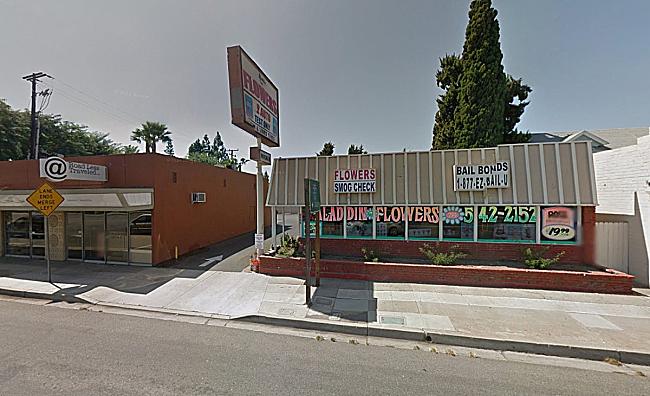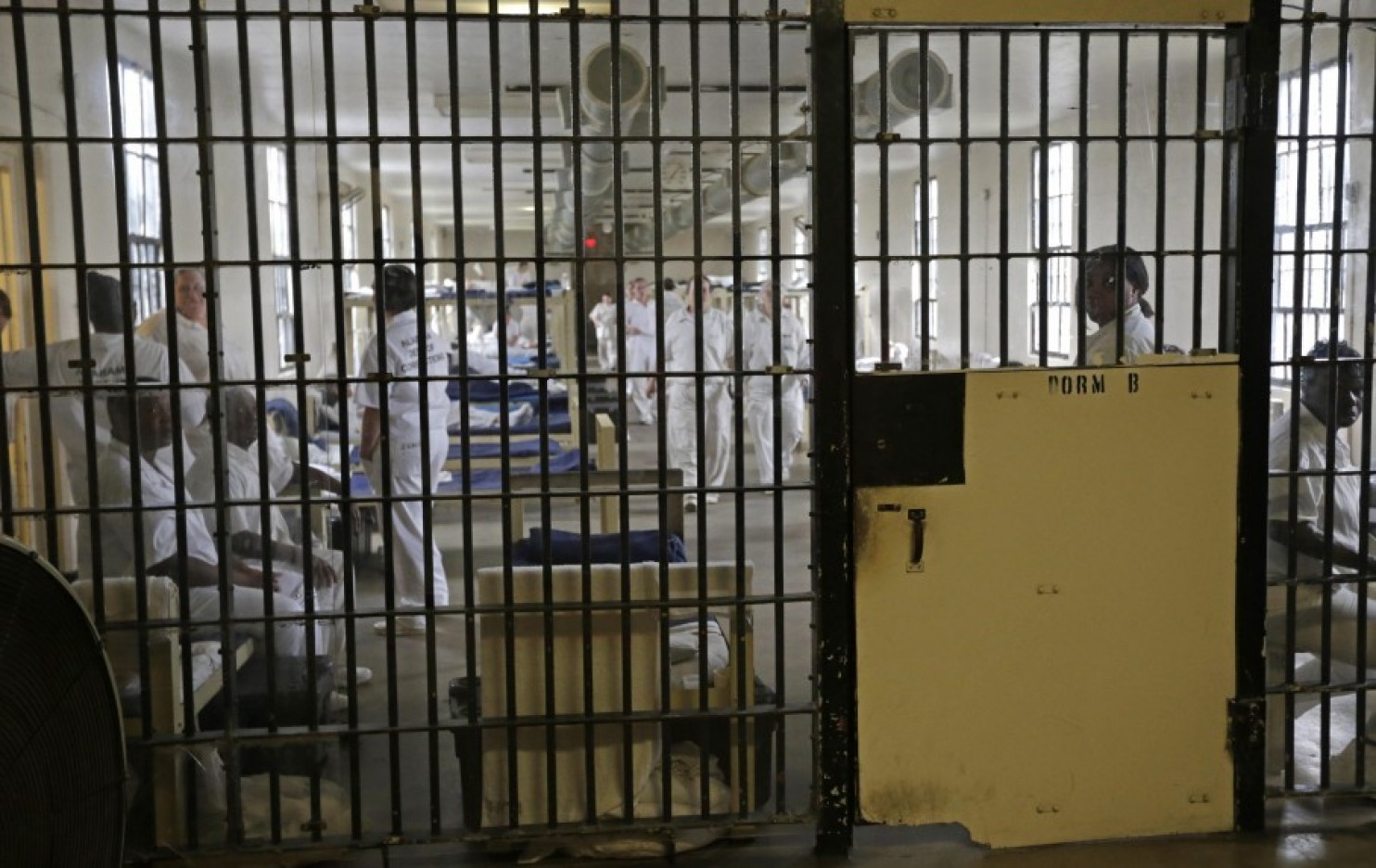Gov. Jerry Brown has begun circulating draft legislation to meet a federal court order to reduce prison crowding, prompting legislative leaders, as promised, to urge the governor instead to fight the court order.
“Given what we have accomplished … there is only one constructive solution to prison overcrowding: keep people from coming back to prison after they are released,” state Senate leader Darrell Steinberg (D-Sacramento) said in a letter to the governor Monday.
Steinberg instead urges Brown to pursue his appeal to the U.S. Supreme Court, which just two years ago upheld prison population caps.
A trio of federal judges last week ordered California to immediately step up the early release of state inmates who have earned good-time credits, or come up with its own plan to otherwise lower the prison population by some 9,600 inmates by the end of the year.
On Friday, Brown’s administration gave lawmakers the first glimpse of those draft bills. He had told the court he would seek money to continue shipping inmates to private prisons out of state, lease jail space from Los Angeles and Alameda counties, and continue sending prisoners to work at low-security fire-fighting camps spread throughout the state.
Steinberg reacted Monday by stating that 80% of the prison population has “some need” of mental health services, and pointing to $206 million in the new state budget to add crisis teams and 2,000 crisis stabilization beds for mental health services. “This investment makes sense,” he said.
“Our investments need to be in community programs and services, not in constructing new prison capacity in California,” he wrote. “What the Three Judge Panel has failed to consider, is how we spend our limited resources.”
Though Brown has told the court he could expand a good-time credit program within 90 days, he also has said he does not like such steps, and could not promise that lawmakers would approve it. Steinberg has gone on record in the past saying he would not support any effort to expand the state prison system.












